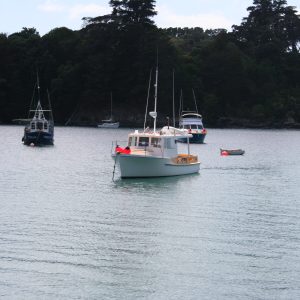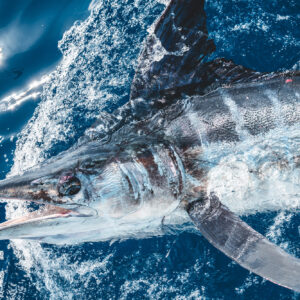Rescue Fish requires the Crown to buy back existing commercial quota shares in the inshore fisheries at fair value. The combination of the initial buy-back and an equally large ongoing revenue stream from selling fishing permits with attached resource rentals means this would be at least fiscally neutral to the Crown over the long term.
![]()
How does the Government make it happen?
- The Crown will buy-back all existing commercial quota shares in the inshore fishery at fair value. Estimated buy-back cost is between $0.76 billion and $3.1 billion, with a mid-point of $1.67 billion.
- A new Fisheries Act will include explicit criteria to guide catch allocation decisions and encourage innovation. Priority will be given to Māori customary and public fishing.
- Effort limits and gear controls will apply to commercial fishing. Bottom trawling and dredging will be banned from inshore waters.
- Fixed term commercial permits will be leased, time limited and have a resource rental attached. Rental payments to the Crown will apply to landed catch. Iwi will receive an agreed percentage of the rental revenue.
- Independent electronic monitoring and cameras on all commercial vessels will help officials monitor and validate catches, and help protect vulnerable species such as seabirds and mammals.
- Decentralise commercial fishing effort to encourage local participation and promote regional economies. This will help to discourage inefficient investment and effort.
Public support for reform
“Discarding is a systemic failure of the current system and something we have not been able to get on top of from day one of the Quota Management System.” D. Turner. Director of Fisheries Management. MPI. 2014
Recent research shows that many people want the Government to reform fisheries. New Zealanders support the Government to buy back the existing fishing quota. They also want changes made so commercial fishers pay a resource rental fee for the fish they harvest. The original resource rental levy applying to commercial fishing was abandoned in 1994.
70% of New Zealanders think reform is needed.
73% of Māori think reform is needed.
Resource rental income from commercial fishing could be used to effectively monitor fishing, and to give Māori a meaningful return for their Treaty Settlement commercial fishing interests.
When Māori are not fishing with a permit for customary purposes fishing to feed the whānau is categorised as recreational fishing. Total recreational catch in New Zealand is estimated to be around 10,000 tonnes per annum. In shared (mostly inshore) fisheries recreational catch represents around 19% of annual harvest. Nationwide we spend around $946 million every year on our recreational fishing.
Our research shows that New Zealanders are concerned
- 77% of New Zealanders think fish stocks within the 12 nautical mile territorial limit are becoming less abundant.
- 69% of New Zealanders think not enough is being done to stop dumping of unwanted catch by commercial fishers.
- 67% of New Zealanders support the Government doing further work to reform fisheries, to make sure they become abundant and commercial fishers pay a resource rental.
- 57% of New Zealanders support banning bottom trawling that destroys habitats and targets small fish in the inshore fishery.
- 54% of New Zealanders agree that commercial fishers should be required to have their catch independently monitored, including cameras on their vessels.
Rescue Fish
Rescue Fish policy summary.
Rescue Fish policy – full document.
Please sign the Rescue Fish petition here.





